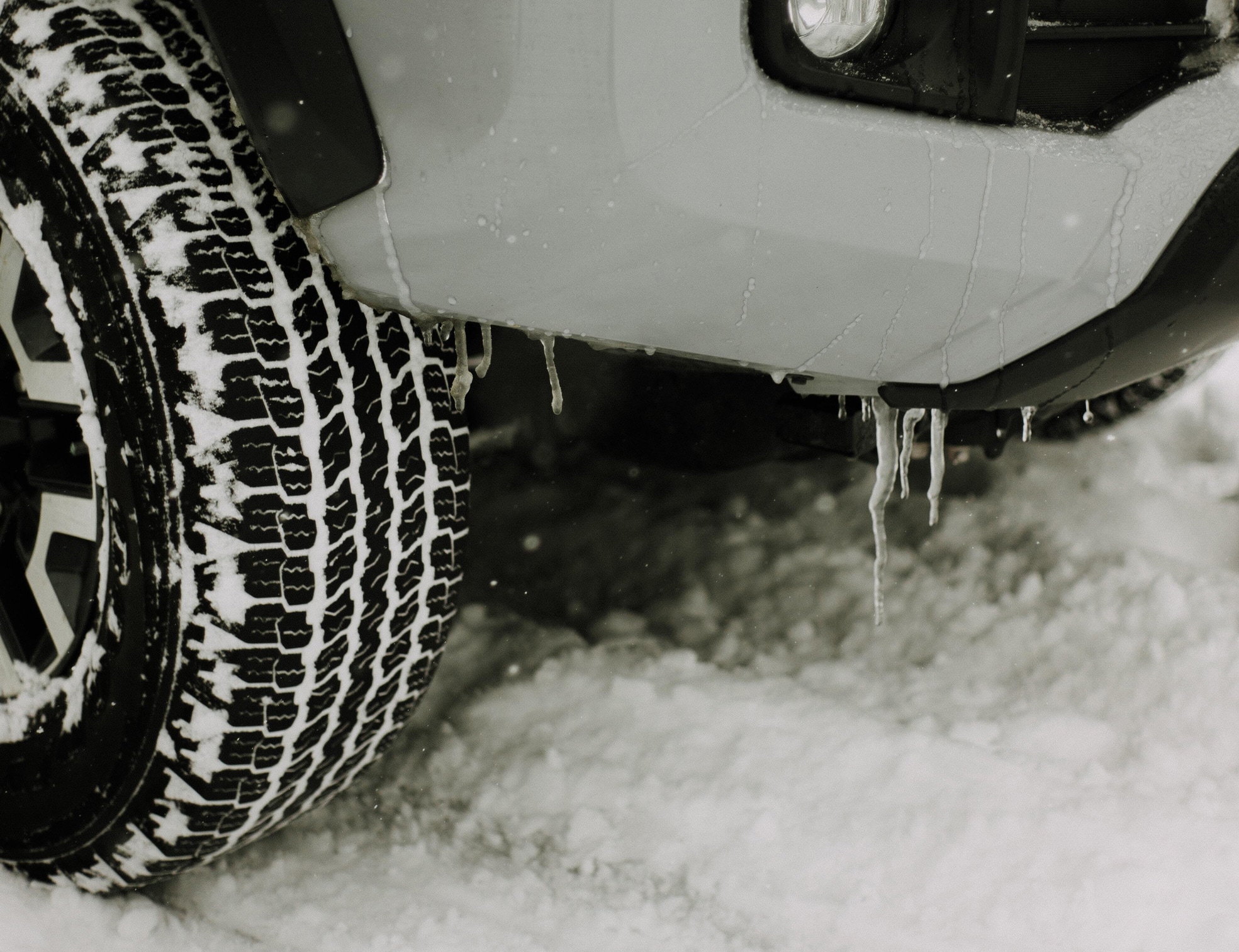
If you live somewhere like snowy Colorado Springs, it's important to prepare your car for winter by getting good snow tires. Driving on slick, slippery roads can be dangerous, but you'll be better equipped to handle hazardous road conditions when you prep your vehicle with good winter tires before the roads get bad!
Do I really need winter tires?
When asking, "Do I need winter tires?" the answer is dependent on where you live and drive. Depending on where you live and how much snow (if any) you get year-round, then you might want to consider purchasing a set of snow tires for the winter. Traditional tires are made to keep you safe on the road in normal to mild weather conditions – but if you live in an area where you do a lot of winter driving (like beautiful Colorado!), a set of snow tires are important for not only the life of your vehicle but your safety too.
When do I exchange my traditional tires for snow tires?
It is very important to check your tires before the winter season to ensure the tread is still intact, or you will have a harder time staying on the road when you encounter snow and ice. You'll want to change your traditional tires out for snow tires once the temperature drops below 45ºF. However, if you are consistently driving on snow and ice, you may want to keep your winter tires on year-round.
How do I find good snow tires?
Good snow tires should last you three to five years, depending on maintenance, driving conditions, and normal wear and tear. Winter tires come in two forms: Stud-less Winter Tires and Studded Winter Tires. Both tires offer optimized traction with deeper grooves and sharp irregular edges (or sipes) – but Studded Winter Tires have added studs for enhanced traction on the ice and snow. The tire tread will remain flexible on both tires in temperatures below 45º and are designed to grip best in snow, slush, mud, and ice. You can find these at any tire store or trusted car dealership.
How do I know when I need new snow tires?
Cracked rubber or uneven tire tread are good indicators that you will need new tires. If you are experiencing falling air pressure or deflated tires, that's also a good sign you might need to replace your old tires. Since you'll only use snow tires during those snowy winter months, they generally last longer than traditional tires. However, the wear and tear rules are the same – watch for low, uneven tread and cracked rubber. Driving on snow and ice is hard enough. You need good, solid tread to keep yourself and your passengers safe on those slippery roads and to extend the life of your vehicle!
We hope these snow tire safety tips will be helpful for you and your family as you prepare to drive on the ice and snow! Our car specialists at Bob Penkhus are here and happy to help if you have questions about how to get your vehicle winter-ready.
Stay safe and Happy Holidays!
- Your friends at Bob Penkhus
